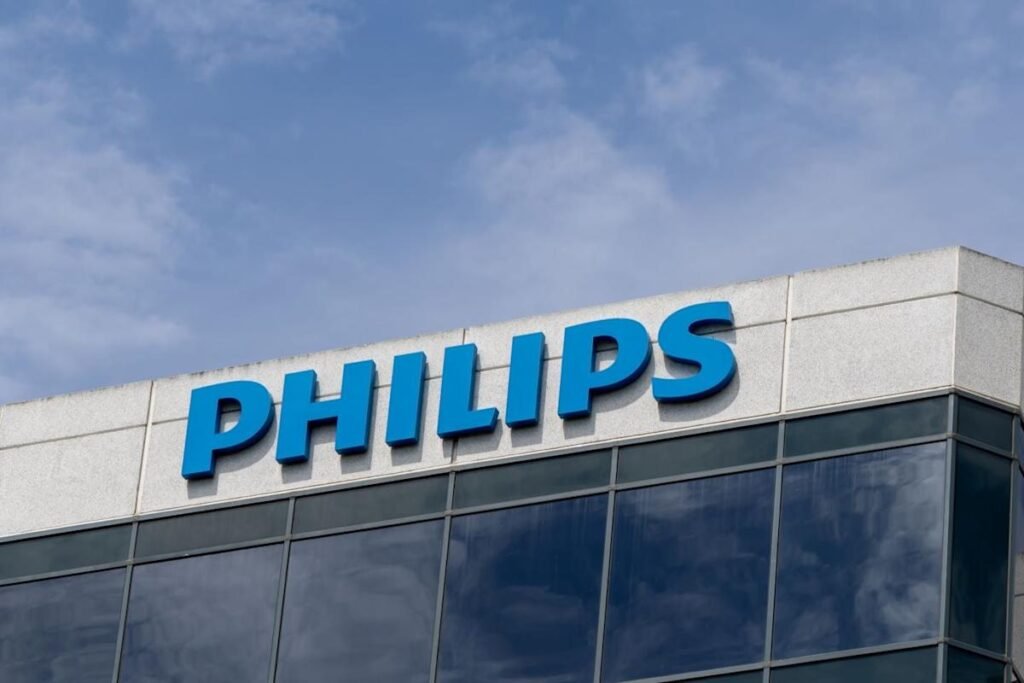The US Food and Drug Administration (FDA) has hit Philips with a warning letter after quality control shortcomings were uncovered at three of its medical device manufacturing sites.
Issued on 9 September, the letter prompted Philips’ stock on the Nasdaq to dip 5.5% to a $27.30 close on 28 October after it was made public. Philips has a market cap of $27.4bn.
The FDA’s letter highlighted issues pertaining to “adulteration” following its inspection of Philips’ two ultrasound manufacturing sites in Bothell, Washington, and Reedsville, Pennsylvania, along with its medical systems manufacturing site in Eindhoven, the Netherlands.
Following site inspections conducted between January and March 2025, the FDA said the manufacture, packing, storage, or installation processes at each site were “not in conformity” with the current good manufacturing practice (CGMP) requirements.
The extensive violations identified by the FDA include Philips’ failure to establish and maintain procedures to ensure that all purchased or otherwise received product and services conform to specified requirements.
For instance, during the Bothell site inspection, FDA investigators observed that Philips’ Ultrasound unit outsources complaint handling and Medical Device Reporting (MDR) activities to its contractor, the Philips Corporate Global Complaint Handling Operations (GCHO) team. However, the agency said Philips did not have adequate documentation to support or demonstrate that they had evaluated GCHO on their ability to meet quality requirements, as required by regulation.
At Reedsville, further complaints processing issues were identified. FDA inspectors found that Philips failed to establish and maintain procedures for receiving, reviewing, and evaluating complaints by a formally designated unit.
The FDA’s review of investigations from 2022-2025 revealed that 54 investigations did not meet the target dates, with 23 of the total upwards of 100 days past their target dates.
Design control process shortcomings were also identified at the three sites. The FDA noted that multiple new requirements were added to Philips’ IntelliSpace Cardiovascular (ISCV) v8; however, the Netherlands facility failed to include these new product requirements in the ISCV Product Safety Risk Management Matrix.
As with the quality control updates Philips made, the FDA again noted that in responding to its concerns, Philips responses fell short, since they do not include analyses or evaluations to demonstrate that the possible hazards associated with each new feature had been adequately considered.




